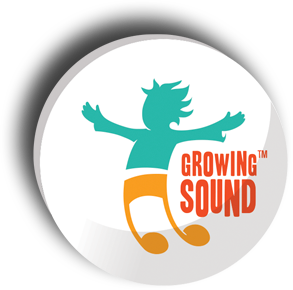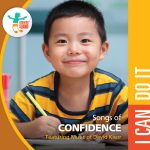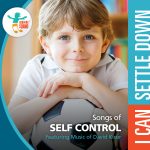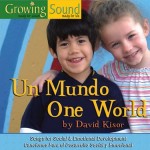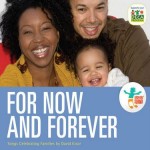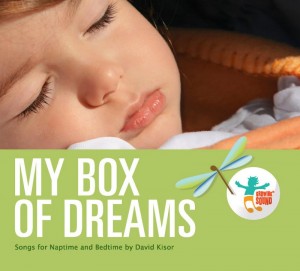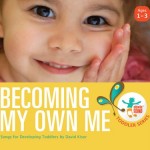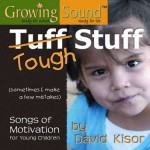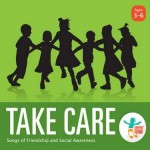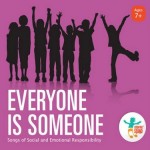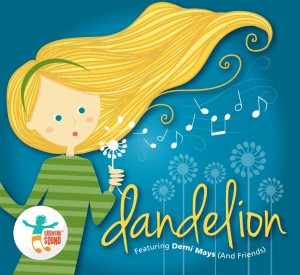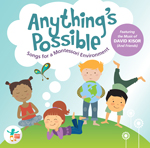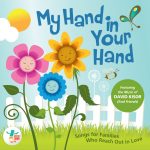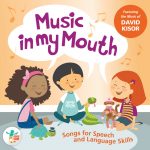
Kids With Self-esteem
Children and young people with high self-esteem often…
- Have a positive image of themselves
- Are confident
- Can make friends easily and are not anxious with new people
- Can play in groups or on their own
- Will try and solve problems on their own, but if not able to will ask for help
- Can be proud of their achievements
- Can admit mistakes and learn from them
- Will try new things and adapt to change.
Kids With Low Self-esteem
Children and young people with low self-esteem often…
- Have a negative image of themselves, they might feel bad, ugly, unlikeable, or stupid
- Lack confidence
- Find it hard to make and keep friendships, and may feel victimized by others
- Feel lonely and isolated
- Tend to avoid new things and find change hard
- Can’t deal well with failure.
- Tend to put themselves down and might say things like “I’m stupid” or “I can’t do that”
- Are not proud of what they achieve and always think they could have done better.
- Are constantly comparing themselves to their peers in a negative way.
Why Self-Esteem Matters
Self-esteem helps kids cope with mistakes. It helps kids try again, even if they fail at first. As a result, self-esteem helps kids do better at school, at home, and with friends. Kids with low self-esteem often…
- Feel unsure of themselves
- Feel unsure of themselves.
- Find it hard to make and keep friendships
- Feel victimized by others
- Feel lonely and isolated
- Tend to avoid new things and find change hard
- Can’t deal well with failure
How Self-Esteem Develops
Self-esteem can start as early as babyhood. It can start just because a child feels safe, loved, and accepted. It starts when your baby gets positive attention and loving care. When the babies become toddlers and young children the self-esteem grows when parents pay attention, let their child try, give them smiles and show how proud they are of them. Here are things parents can do to help kids feel good about themselves…
- Help your child learn to do things
- When teaching kids how to do things, show and help them at first
- Praise your child, but do it wisely
- Be a good role model
- Ban harsh criticism
- Focus on strengths
- Let kids help and give
How to Build Self-Esteem
Every child is different. Self-esteem may come easier to some kids than others. Even if a child’s self-esteem is low, it can be raised.
- Don’t Overpraise – Watch out for insincere praise — it can trigger bad feelings. Kids might think we feel sorry for them, or that we are trying to be manipulative. Insincere praise might also send the message that we don’t really understand them. For example, telling a child he played a great game when he knows he didn’t feel hollow and fake
- Praise Effort – Avoid focusing only on results. Instead, offer praise for effort, progress, and attitude. If he does not get an A but worked hard trying to, say you are getting better and better at those spelling tests or I am proud of you trying so hard.
- Be a Good Role Model – When you are working hard on everyday tasks you are setting a good example. Your child learns to put effort into doing homework, cleaning up toys, or making the bed.
- Ban Harsh Criticism – The messages kids hear about themselves from others easily translate into how they feel about themselves. When kids hear negative messages about themselves, it harms their self-esteem. Correct kids with patience. Focus on what you want them to do next time. Harsh words (you are so lazy) are harmful, not motivation. When kids hear that kind of message about themselves, it harms their self-esteem.
- Focus On Strengths – Today research shows that focusing on your child’s strengths rather than weaknesses leads to a more positive self-image and greater self-awareness and confidence. Focus more on strengths than weaknesses if you want to help kids feel good about themselves. this improves behavior too.
Self-esteem grows when kids get to see that what they do matters to others. Helping at home, doing a service project, being kind and helpful to a sibling. Helping and kind acts build self-esteem and other good feelings.
Growing Sound’s Music is Based on the Latest Research in Social & Emotional Development.
We have received numerous awards for our products including Mom’s Choice Award, Parent’s Choice Award, Teachers Choice Award, Creative Child Magazine Award, Family Review Center Awards, Oppenheim Award, and more.
Click on an Collection To Listen To the Music!
Who You’ll Be Someday:
Songs and Stories for
Naptime and Bedtime
Ages 0-4
Contact us for more information!
